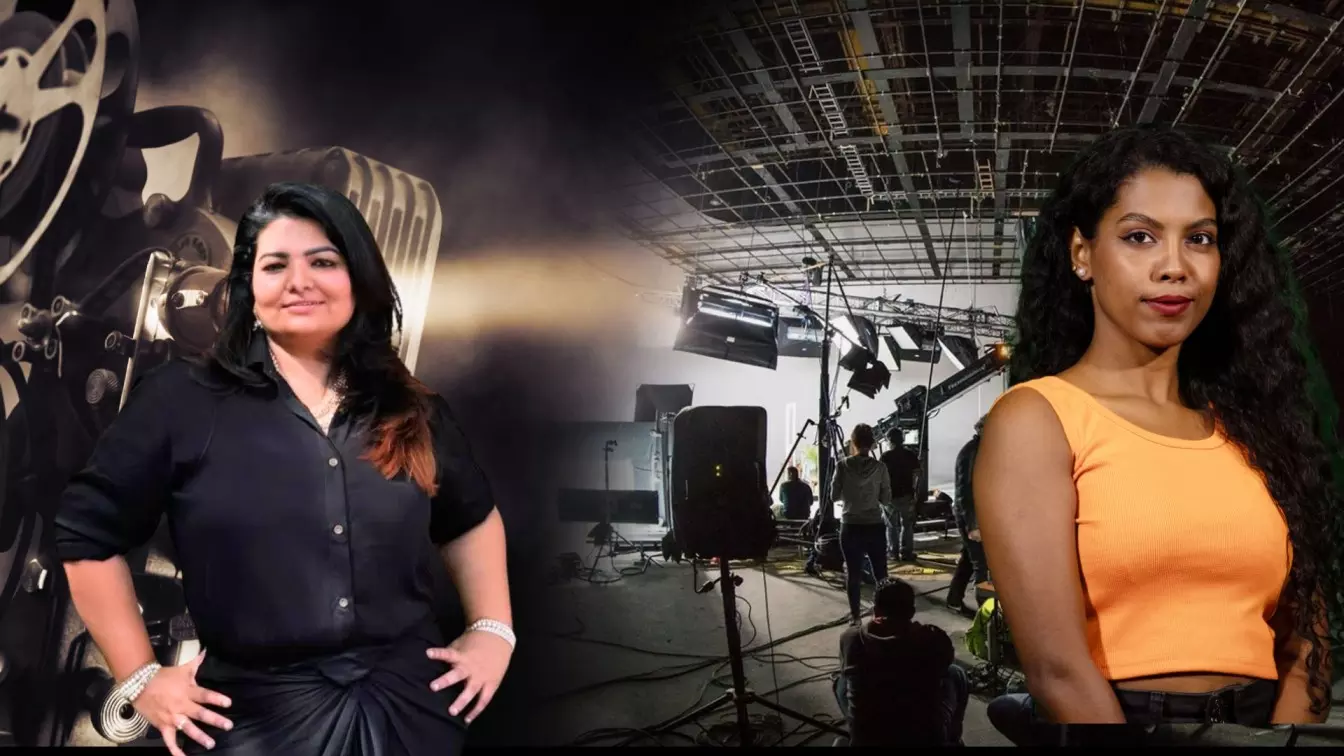
Sandra Thomas says she has been sidelined
Sandra Thomas blasts Malayalam film industry: 'They shut down women’s voices'
The producer-actress=activist opens up about misogyny in Malayalam cinema and why Kerala’s film policy must prioritise women’s safety and inclusion

As Kerala sets the stage for its much-anticipated Film Policy Foundation, one of the industry's strongest female voices finds herself sidelined. Sandra Thomas — producer, actor, and outspoken activist — is challenging not only entrenched misogyny within the Malayalam film industry but also what she sees as silence and inaction from within.
You’ve raised concerns about misogyny in the Producers Association. What triggered your recent legal complaint?
I raised this issue because I believe the space is unsafe for women. I had submitted a complaint earlier, and now the police have filed a chargesheet. That alone should speak for itself. When I voiced my concerns, it wasn’t out of emotion — it was based on years of experience in this industry. I've worked mostly as a producer, not as an actor, and I know what the environment is like behind the scenes.
You’ve been vocal about the Hema Committee report not being implemented. What’s your biggest disappointment?
I was involved when the committee was formed. We gathered all the women and said: let’s do what we can, even if we can’t achieve everything. I gave suggestions that wouldn’t harm producers but would help protect women and create a safer environment.
A year passed after that meeting. I asked them: how many of those things have been done? They said not one. Nothing has been implemented. Why? Because women here are keeping their mouths shut. No one wants to speak up.
You recently made headlines for wearing a purdah while filing your nomination. Why did you choose that form of protest?
Purdah, for me, was a protest. It wasn’t about religion or culture—it was a symbolic act. I don’t need to make it communal or try to justify it with safety concerns. If I had an iron baton in my hand, I would’ve placed it right in front of them. I wanted to show them—visually—that women in this space are not safe.
What do you make of the Women in Cinema Collective’s role in advocating for women in film?
The Women in Cinema Collective (WCC) has played a huge role. Their efforts led to the Hema Committee, which itself was a milestone. After the actress assault case, WCC was formed and they’ve worked relentlessly since.
They made sure the Chief Minister was informed about the realities of our industry. Even now, they’re actively offering suggestions to the government and contributing to the development of the upcoming film policy. I want the government to draft a policy that truly considers the safety and inclusion of women in cinema. WCC is a major contributor to that goal.
Do you see yourself being part of WCC someday?
I have personal reasons for not joining WCC. But that doesn’t mean I oppose them. I completely support the WCC as an association. They’ve done great work—not just for women in cinema, but for the industry as a whole.
The content above has been transcribed from video using a fine-tuned AI model. To ensure accuracy, quality, and editorial integrity, we employ a Human-In-The-Loop (HITL) process. While AI assists in creating the initial draft, our experienced editorial team carefully reviews, edits, and refines the content before publication. At The Federal, we combine the efficiency of AI with the expertise of human editors to deliver reliable and insightful journalism.'They Shut Down Women’s Voices': Sandra Thomas Blasts Malayalam Film Industry

